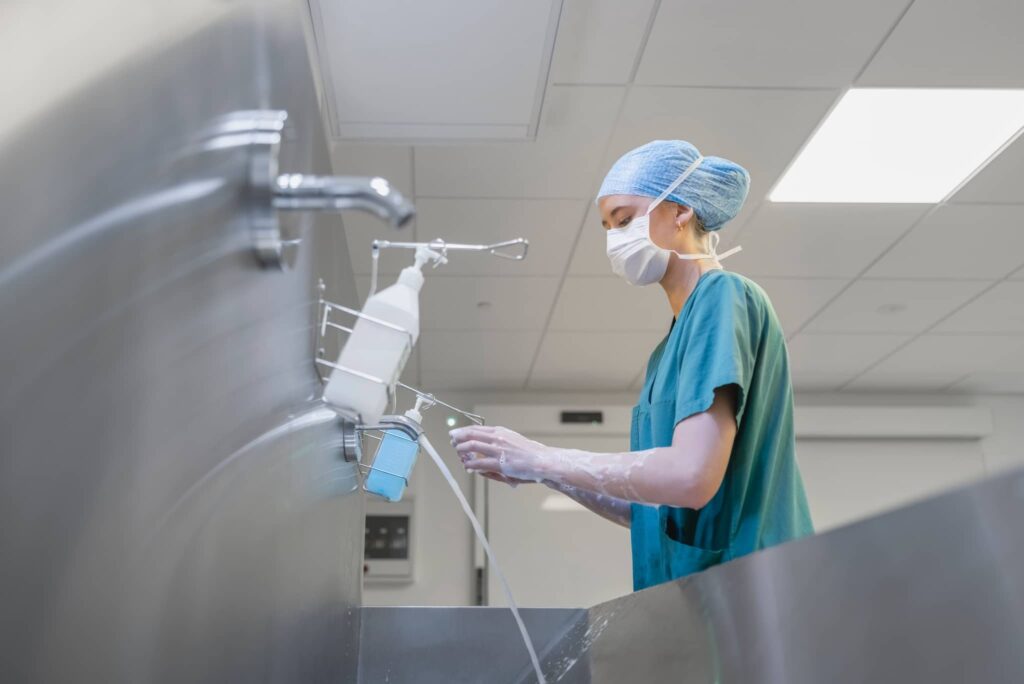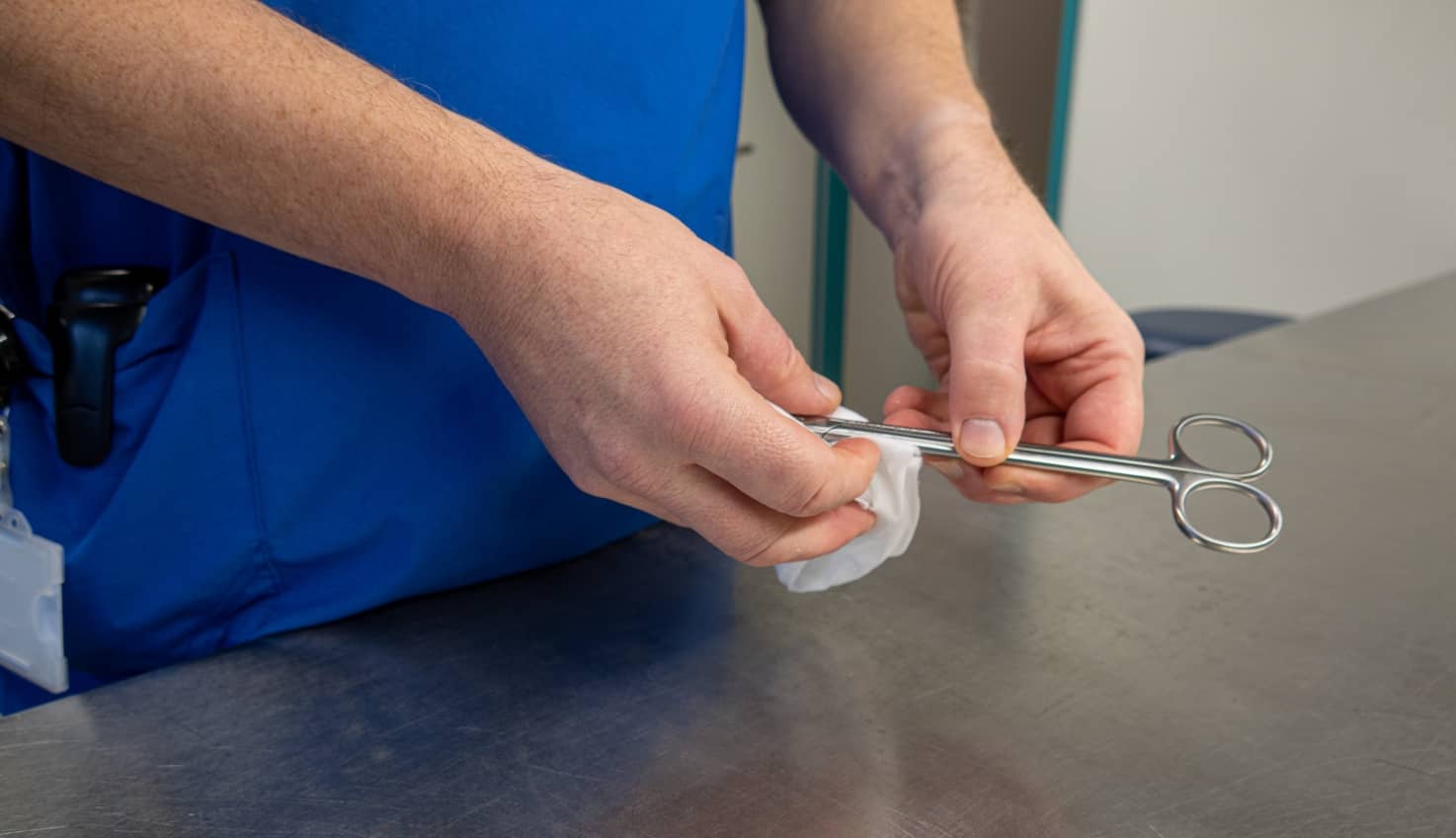The Crucial Role and Future of Sterile Processing in Healthcare
Sterile processing in hospitals is a critical behind-the-scenes operation that significantly impacts patient safety, surgical success, and overall healthcare quality. This article delves into why sterile processing is so important in the United States and explores the future direction this essential service is headed toward. With a focus on maintaining the highest standards of cleanliness and infection control, the sterile processing department (SPD) ensures that all medical and surgical instruments are properly decontaminated, inspected, sterilized, and ready for safe use. Let’s uncover the layers of sterile processing’s importance and its evolving future within healthcare settings.
The Importance of Sterile Processing in Hospitals
- Preventing Infections
The primary role of sterile processing is to prevent infections. According to the CDC, surgical site infections account for 20% of all healthcare-associated infections (HAIs), leading to significant financial ramifications for healthcare institutions. Properly sterilized instruments are crucial in minimizing these risks, making the sterile processing department a vital player in patient safety protocols.
- Supporting Surgical Success
Sterile processing directly contributes to the success of surgical procedures. Surgeons and medical teams rely on the availability of sterile instruments to perform surgeries safely and effectively. Any lapse in sterile processing can lead to surgical complications, endangering patient lives and leading to longer hospital stays and increased healthcare costs.
- Ensuring Compliance
Hospitals must adhere to strict regulatory standards and guidelines regarding instrument sterilization. The Joint Commission, among other regulatory bodies, mandates rigorous sterilization protocols. Sterile processing ensures hospitals meet these standards, avoiding penalties and maintaining accreditation.
- Optimizing Hospital Efficiency
Efficient sterile processing operations enable hospitals to optimize their workflows and service delivery. By ensuring that surgical instruments are sterilized and ready for use, hospitals can maintain a steady flow of surgical procedures without unnecessary delays, enhancing overall efficiency and patient satisfaction.

The Future of Sterile Processing
- Technological Advancements
The future of sterile processing is closely tied to technological advancements. Automated tracking systems, digital case management, and improved sterilization equipment are set to revolutionize how instruments are processed, reducing human error and improving efficiency. These technologies also offer better documentation, ensuring compliance with health regulations.
- Training and Certification
As the field becomes more technologically advanced, the demand for skilled sterile processing technicians will increase. Future trends point towards more rigorous training programs and certification requirements, ensuring that personnel are well-versed in the latest sterilization techniques and technologies.
- Sustainability Practices
Sustainability is becoming a significant concern in healthcare. The future of sterile processing will likely incorporate more eco-friendly practices, such as reducing water and energy consumption and minimizing the use of disposable instruments. This shift not only supports environmental sustainability but also offers cost savings for healthcare facilities.
- Integration with Hospital Information Systems
Integrating sterile processing operations with broader hospital information systems is a future trend that promises to improve service delivery. This integration can enhance communication between departments, streamline workflows, and provide real-time data on instrument availability, further optimizing hospital efficiency. Additionally, improved reporting and analytics can help managers to identify bottlenecks and provide clarity on the overall process.
Sterile Processing: Ensuring Safety and Efficiency in Healthcare
Sterile processing is a linchpin in the effort to provide safe, effective healthcare. Its role in preventing infections, supporting surgical success, ensuring compliance, and optimizing efficiency cannot be overstated. As we look to the future, advancements in technology, training, sustainability, and integration will continue to enhance the sterile processing landscape, promising even greater levels of safety and efficiency in healthcare delivery.
